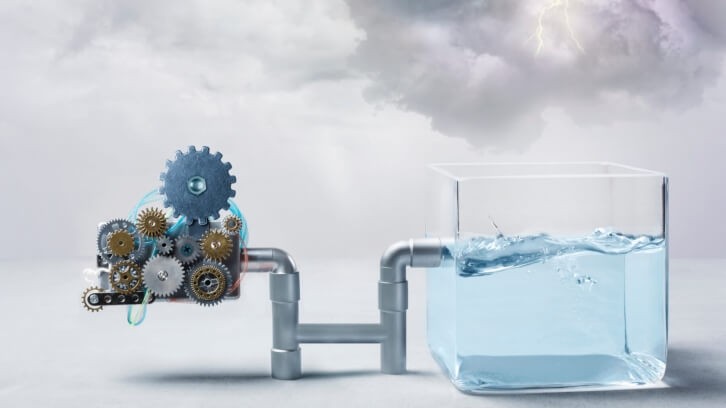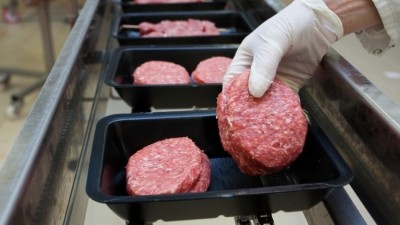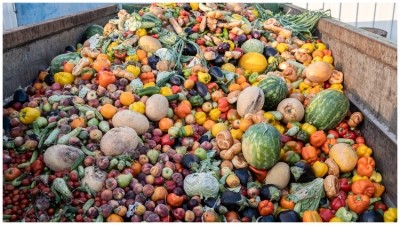Short read
WRAP CEO says F&B industry needs water wake up call

Last year’s Courtauld Water Roadmap report from WRAP found that than less than half of food and drink businesses submitting data have conducted a water risk assessment or set water-related targets.
This report is part of the NGO’s ‘Water Roadmap collective action projects’ scheme. There are seven collective actions projects in place overseas and in the UK currently, which aim to bring food and drink businesses together to deliver innovation solutions in the face of water stress.
Harriet Lamb, WRAP's newly appointed CEO, recently visited a collective action project in Norfolk, UK. Recalling her trip, she noted the amazing work famers and partners such as Norfolk River Trust are undertaking in water management.
“[They are] treating water as the precious commodity it is,” she praised.
However, despite progress, she believes things are happening too slowly within the food and drink sector.
Globally, agriculture uses around 70% of the world’s fresh water supplies, with United Nations estimating that by 2030 demand will have exceeded supply by 40%.
The new WRAP boss explained that it’s vital that more retailers, suppliers and manufacturers make robust commitments to act on water, emphasising that without water there is no food: “Water is food – and we need to value both.”
She continued: “The landscapes we source our food from are suffering, along with the communities who live there. The only way for this to change is for more businesses to wake up to water risk and begin mapping their supply chain – that way they can identify water risk hotspots and take action.”
Highlighting the severity of the water crisis as World Water Week draws to a close (20-24 August 2023), Katie White, executive director of advocacy and campaigns at WWF, added: “Globally, rivers and streams – precious habitats that we rely on for food and drink and that are home to globally important flora and fauna – are facing multiple threats, from high levels of agricultural pollution to overuse of water to increasing climate instability. Unless we act now to address the damage that is being done to our freshwater systems, we cannot safeguard our food security, and we risk even more damage to nature.”
Commitment for Nature
In 2022, WRAP joined WWF to team up with an array of major supermarkets to standardise measurement and reporting on greenhouse gas emissions as part of WWF's Retailers’ Commitment for Nature. This builds from a 2021 commitment from brands such as Sainsbury’s and Tesco, which pledged to work with WWF to halve the environmental impact of UK baskets by 2030.
“Signatories to WWF’s Retailers’ Commitment for Nature, Co-op, Lidl, M&S, Sainsbury’s, Tesco and Waitrose, are leading the way and already supporting collective action projects as well as mapping their water use, however there is much more to do,” said Lamb.
Commenting on this further, White applauded the work of current signatories, who have “stepped up” and agreed revised leadership actions to support the Courtauld Water Roadmap.
“This is a key step,” White continued. “We urge all business leaders to commit to these revised leadership actions and take urgent steps towards the overall Courtauld ambition for sustainable water management across UK supply chains.”
So far 17 businesses have funded collective action projects – engaging more than 90 stakeholders and 700 farmers, with 34 farm management plans now in place. Seven projects are presently underway, with WRAP stating its aim of securing 20 within the next seven years.
Enjoyed this article? You may also like our interview with Halen Môn on its journey to achieving B Corp status.

















